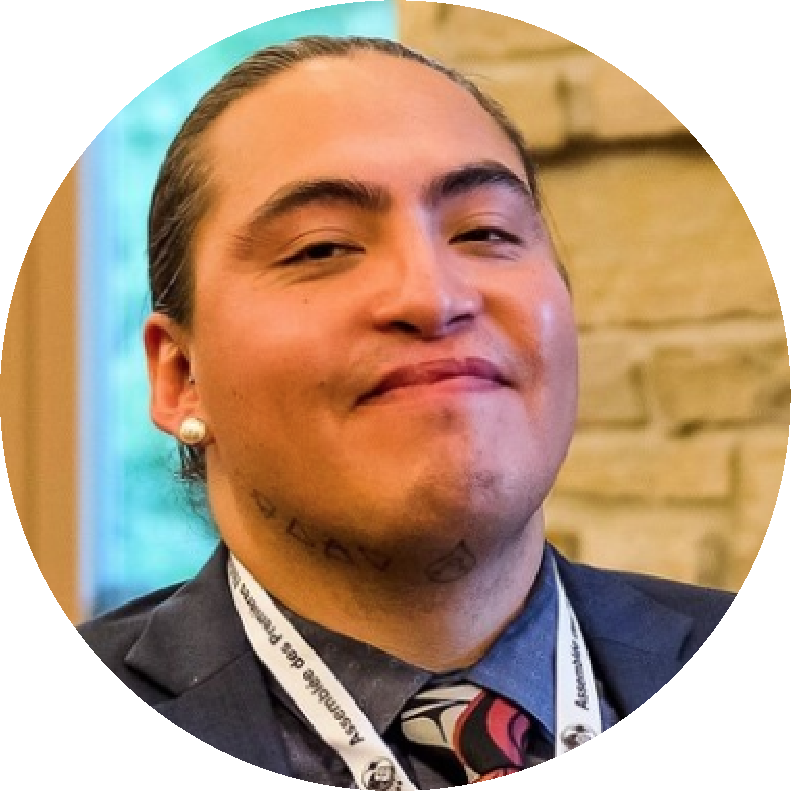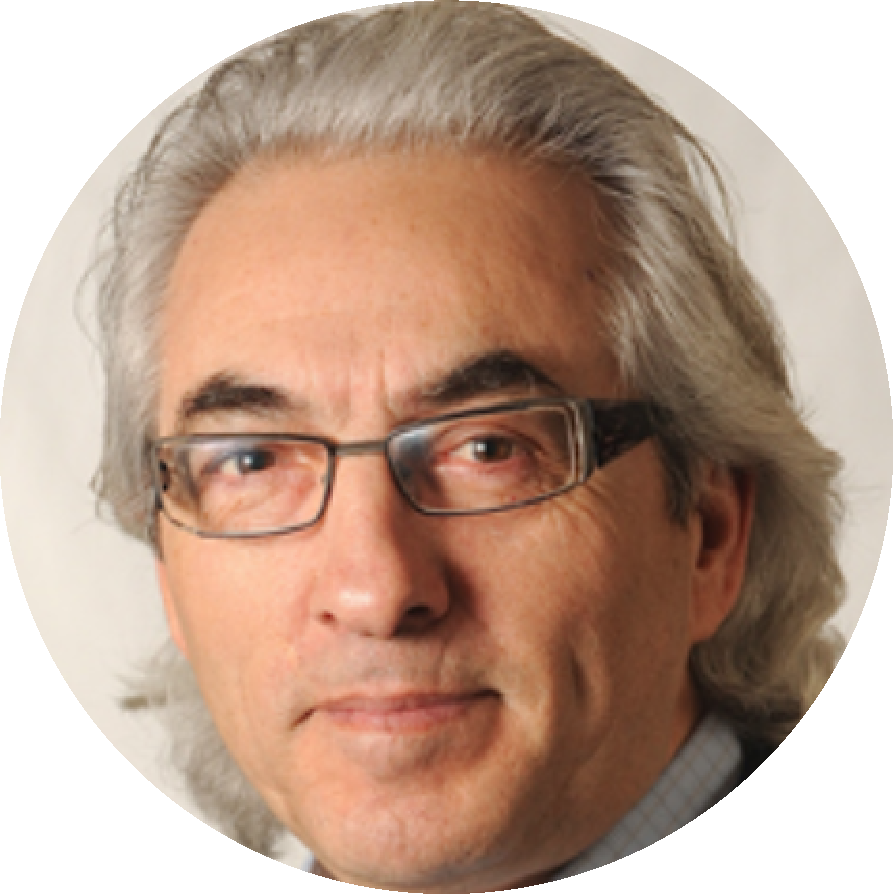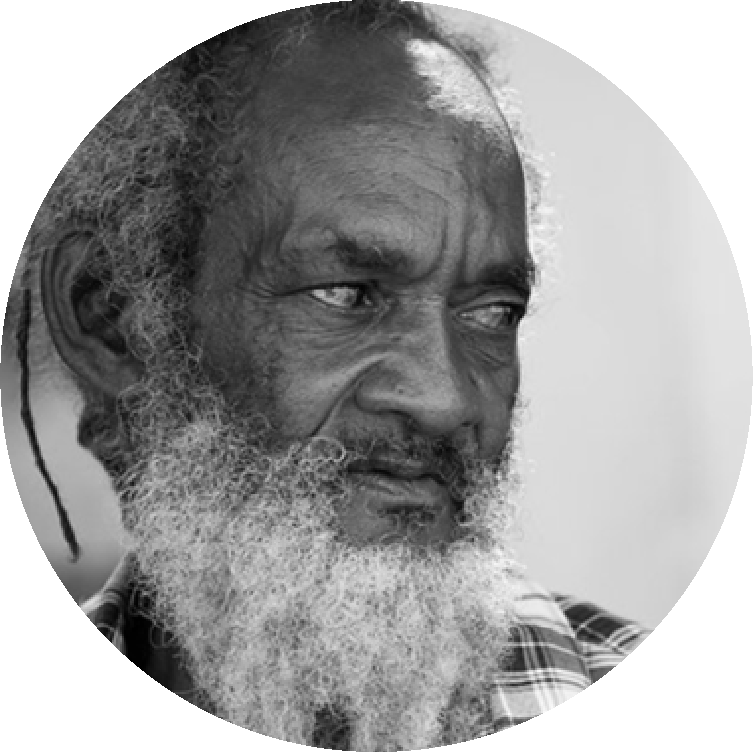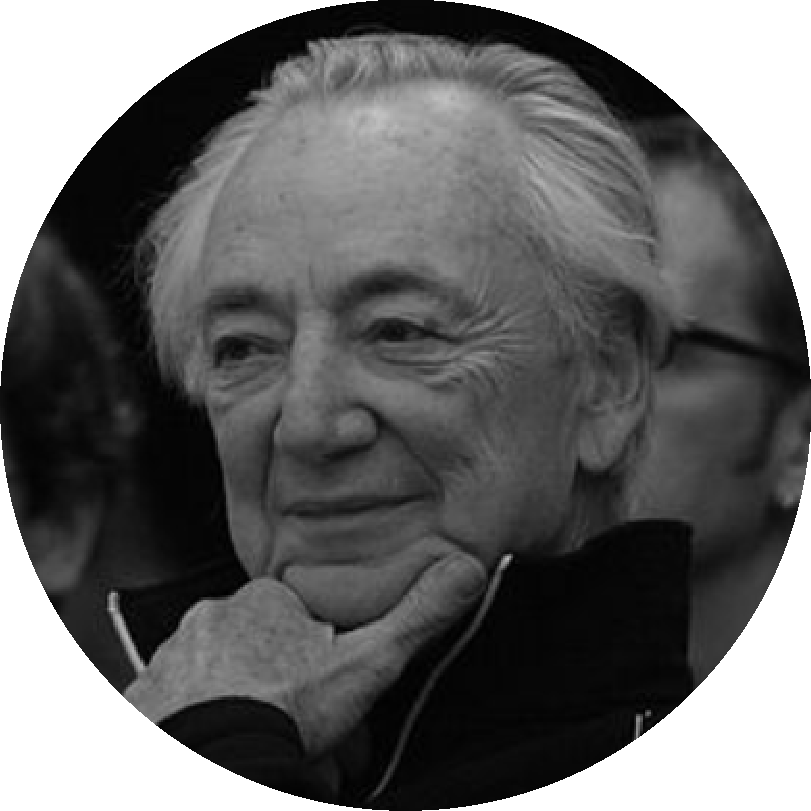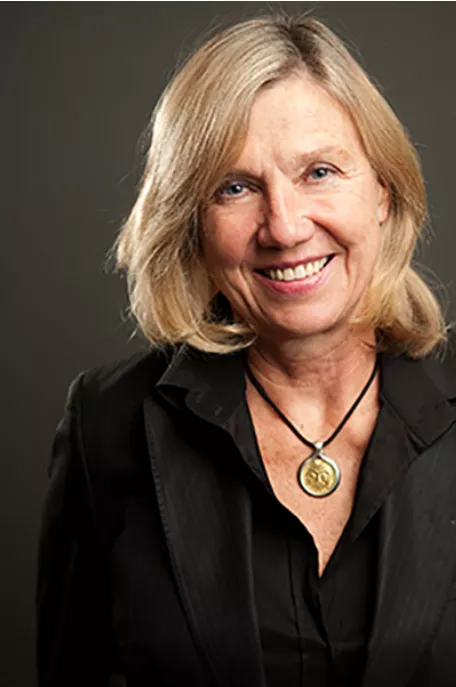
Re-Framing the Frame
Preparing Justice-Seekers through Legal Education
Read more about the Re-Framing the Frame Workshop here.
This talk takes a critical look at the consequences of framing legal education as it stands now: as law from the top down. It will consider law from the viewpoint of the indigenous and constitution as law of We the People.
Kathleen Mahoney and a select panel of indigenous lawyers and government representatives from Canada, Jamaica and the US will speak on the meaning of re-education in the context of healing and bringing justice to communities. They will share specific challenges they have faced to secure justice and remediation against negligent governments, extractive industries, and capitalist structures.
The discussion will end with an audience Q&A geared to provide best practices for real cases and hurdles today.
Video from this talk will be available on this page in the week following this event. .
Rastafari RootzFest '18 Negril, Jamaica, Photo by Victoria Borneman
Kathleen E. Mahoney is a Professor of Law at the University of Calgary and Queen’s Counsel. She was the Chief Negotiator for Canada’s Aboriginal peoples claim for cultural genocide against Canada, achieving the largest financial settlement in Canadian history for the mass human rights violations against the indigenous peoples of Canada. She was the primary architect of the Truth and Reconciliation Commission of Canada and led the negotiations for the historic apology from the Canadian Parliament and from Pope Benedict XVI at the Vatican.
She was co-counsel for Bosnia Herzegovina in their genocide action against Serbia in the International Court of Justice with the result that the definition of genocide in the Genocide Convention was altered to include mass rapes and forced pregnancy as genocide offences.
Among her many awards and distinctions, Professor Mahoney is a Fellow of the Royal Society of Canada, Queen’s Counsel, a Trudeau Fellow, and a Fulbright and Human Rights Fellow (Harvard). She received the Governor General’s medal for her contribution to equality in Canada. She has held Visiting Professorships or Fellowships at Harvard University, The University of Chicago, Adelaide University, University of Western Australia, Griffiths University, the National University of Australia and Ulster University.
Panelists:
Caleb Behn
Caleb Behn is Eh-Cho Dene and Dunne-Za from Treaty #8 territory in northeastern BC. He is a graduate of the University of Victoria Law Program and was called to the BC Bar in 2014. Caleb’s work has focused on the intersection of water, energy and indigenous law. A former ‘lands manager’ for the West Moberly First Nations and Saulteau First Nations and a former Senior Researcher at the Centre for International Governance Innovation Caleb was also a founding member of the Decolonizing Water Research Collective and the subject of the documentary film Fractured Land. Caleb now resides in Ottawa and is the Special Advisor on Water to the Housing, Infrastcture and Emergency Services Sector of the Assembly of First Nations.
I think the greatest challenge for all of us in a world dominated by technology is, 'How do we keep the spirit in this?' That's always been the challenge. When you engage the colonizer, they have no spirit, and you become eventually like them. And that's hurt my people deeply.
Phil Fontaine
The Aboriginal Residential Schools Truth and Reconciliation Commission credits Fontaine for placing the issue of residential schools on the national agenda when in October 1990 he spoke publicly about the abuse that he and his fellow students had experienced at the Fort Alexander school.[2] (Links to an external site.)Links to an external site. The next year, in 1991, he was elected grand chief of the Assembly of Manitoba Chiefs (Links to an external site.)Links to an external site. and served for three consecutive terms.
Ras Iyah - V
Verald Vassell more popularly known as Ras Iyah V, a Rastafarian for over fifty (50) years is highly considered a Ganja Advocate and defender of Human Rights in Jamaica. He is currently the Chair of the Westmoreland Ganja Farmers Association. He is also a Member of the Board of Directors of the Cannabis Licensing Authority , Co-Chair of the Rastafari Nyabinghi Administrative Council, Former Chair and founding member of the National Coalition of Grassroot Ganja Farmers and Producers Association, as well as a Former Chair of the Rastafari Coral Gardens Committee. In 2016 Ras Iyah V was invited to the United Nation General Assembly Special Session (UNGASS) where he addressed three (3) different sessions of the UN. Ras Iyah V is the founder of Rastafar i RootzFest Jamaica’s first Ganja exempt event under the Dangerous Drugs Act Amendment 2015. He is also the founder and principal organizer of RootzFest, an annual Rastafari immersive experience held in Negril, Jamaica's seven mile beach.
"The answer to the de-education of our communities, is to re-educate them."
Charles Nesson, Moderator
Charles Nesson is the William F. Weld Professor of Law at Harvard Law School and the founder of the Berkman Center for Internet & Society and of the Global Poker Strategic Thinking Society. He is author of Evidence, with Murray and Green, and has participated in several cases before the U.S. Supreme Court, including the landmark case Daubert v. Merrell Dow Pharmaceuticals. In 1971, Nesson defended Daniel Ellsberg in the Pentagon Papers case. He was co-counsel for the plaintiffs in the case against W. R. Grace and Company that was made into the book A Civil Action, which was, in turn, made into the film of the same name. Nesson's nickname in the book, Billion-Dollar Charlie, was given to him by Mark Phillips, who worked with him on the W.R. Grace case. Nesson is currently interested in advancing justice in Jamaica, the evolution of the Internet, as well as national drug policy.
There has to be a new way for law educators to educate the young people that we introduce into law, to seeing law from the indigenous point of view and offering council to the indigenous to do the imperative growth in the world.
Coordinated by Victoria Borneman and Annabel Kupke
